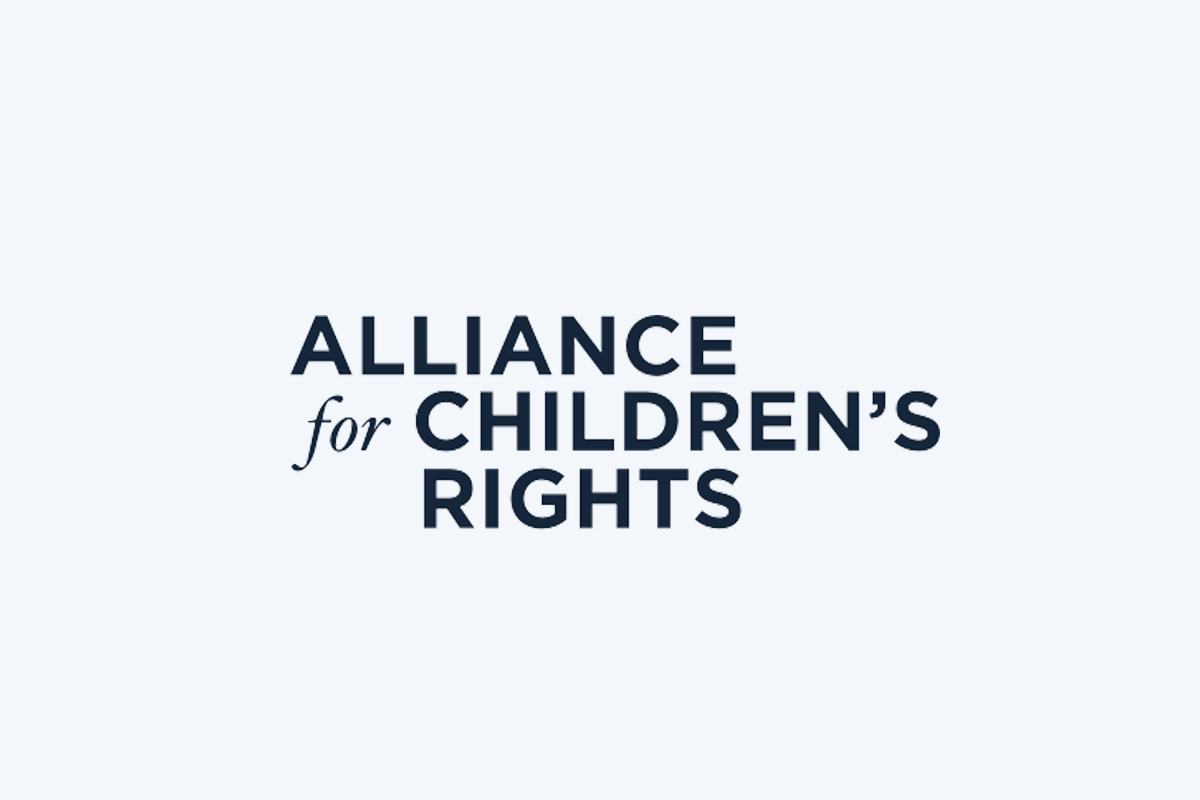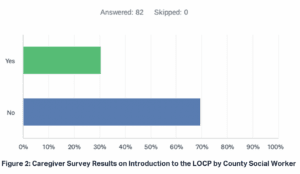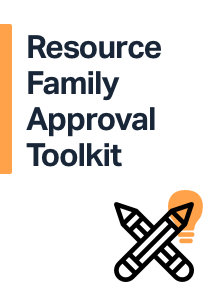Prior to 1990, undocumented children who were under the state court’s jurisdiction due to abuse, abandonment or neglect found themselves in a precarious immigration dilemma. Upon reaching the age of majority, the court’s jurisdiction terminated and youth were left to face the world without any protections or lawful immigration status. Since 1990, many legislative steps have been made towards better protections for these children, the latest being AB 900.
1990 & 2008: SB358 & HR713
In 1990, Senate Bill 358 (101st) Immigration Act was enacted and amended the Immigration and Nationality Act to create Special Immigrant Juvenile (“SIJ”) status, a form of immigration relief for minors who were under a juvenile court’s jurisdiction. In 2008, S. 358 was expanded by the House of Representatives Bill 7311 (110th): William Wilberforce Trafficking Victims Protection Reauthorization Act of 2008. Under S. 358 and H.R. 7311, in order to submit an application to the immigration service center for SIJ classification, the federal government requires that a SIJ applicant first obtain an order from a state court establishing that:
- they had been declared a dependent of a juvenile court or placed under the custody of an individual appointed by the state;
- reunification with one or both parents is not viable due to abuse, abandonment or neglect, or a similar basis found under state law; and
- it would be against the child’s best interest to be returned to his or her country, or parents’ country, of nationality or last habitual residence. 8 U.S.C. §1101(a)(27)(i) – (iii).
Under federal law, a youth under the age of 21 can file a SIJ application with the immigration service center as long as the youth continued to be under the court’s jurisdiction. However, until recently, California law limited the jurisdiction of the court for purposes of an SIJ finding to youth under the age of 18, effectively cutting short the opportunity for thousands of otherwise eligible undocumented youth to secure SIJ status. Granting SIJ status is critical as it provides these youth a path to secure Lawful Permanent Residency status.
2012: AB12
With the passage of California’s Fostering Connections to Success Act (“AB 12”), which allowed foster care for youth to be extended beyond the age of 18 and up to the age of 21, the legislature provided relief to undocumented youth in foster care by extending the court’s jurisdiction to 21 for this population. However, undocumented children ages 18-20 who were living with an informal caregiver were not subject to the juvenile court’s jurisdiction once they reached the age of majority and thus ineligible for SIJ.
2015: AB900
This last year, Assembly Member Levine introduced AB 900 to provide relief to undocumented youth who otherwise met the requirements for SIJ but were not formally within the child welfare system. Effectively January 1, 2016, the probate court can appoint a guardian for unmarried youth ages 18-20 in connection with a SIJ status application. In order to grant the guardianship, the youth must first consent to jurisdiction. Furthermore, there are safeguards in place for these youth, including maintaining decision making ability and having the right to terminate the guardianship at their own discretion. Aside from the need to obtain SIJ status, a guardianship is helpful for undocumented youth ages 18-21 because they often need a custodial relationship as they adjust and conform to a new culture, language and education system, and recover from the trauma and abuse, neglect or abandonment they have faced. Similar to AB 12, these custodial arrangements promote permanency and the long term well-being of undocumented youth in the U.S.
AB 900 is a great step toward the right direction. CA’s undocumented 18-20 year old youth who have been abused, abandoned or neglected can now maintain a custodial relationship with an adult, all the while, taking advantage of the longstanding federal law that allows them an opportunity at a successful life in this country.









